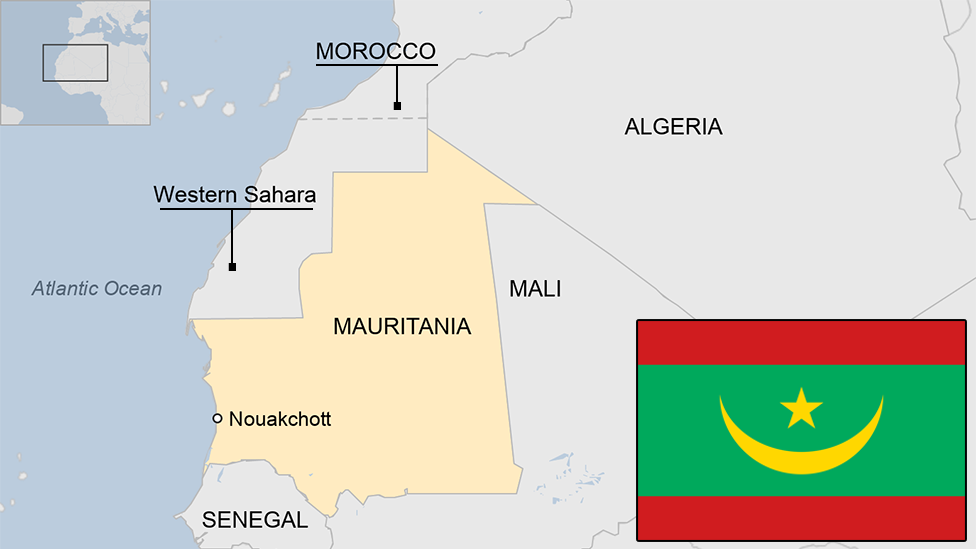Western Sahara profile
- Published
This page is no longer being updated. It was last updated on 28 October 2024
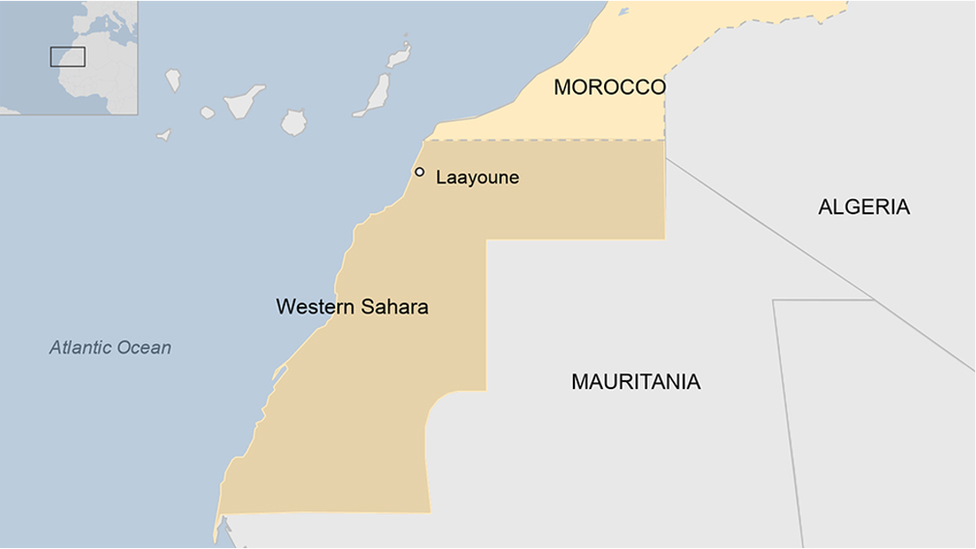
Western Sahara is a sparsely-populated area of mostly desert situated on the northwest coast of Africa.
A former Spanish colony, it was annexed by Morocco in 1975. Since then it has been the subject of a long-running territorial dispute between Morocco and its indigenous Sahrawi people, led by the Polisario Front.
A 16-year-long insurgency ended with a UN-brokered truce in 1991 and the promise of a referendum on independence which has yet to take place.
A buffer strip, or "berm" with landmines and fortifications, stretches the length of the disputed territory and separates the Moroccan-administered western portion from the eastern area controlled by the Polisario Front.
The Sahrawi Arab Democratic Republic (SADR), declared by the Polisario Front in 1976, is recognised by many governments and is a full member of the African Union.
Home to phosphate reserves and rich fishing grounds off its coast, Western Sahara is also believed to have as yet untapped offshore oil deposits.
Read more country profiles, external - Profiles by BBC Monitoring, external
WESTERN SAHARA: FACTS
Largest city: Laayoune
Area: 266,000 sq km
Population: 565,000
Languages: Arabic, Berber, plus Spanish, French
Life expectancy: 62 years (men) 67 years (women)
LEADER
President of the Sahrawi Arab Democratic Republic: Brahim Ghali
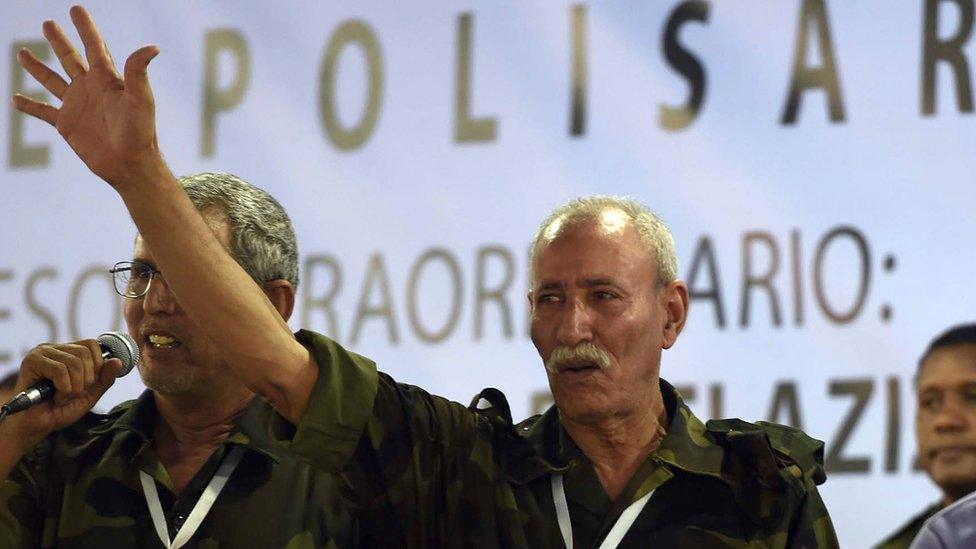
The Polisario Front proclaimed the Sahrawi Arab Democratic Republic (SADR) in 1976, with a government in exile in Algeria.
Brahim Ghali was elected leader of the Polisario Front and president of the SADR in July 2016 following the death of long-term president Mohamed Abdelaziz Ezzedine.
Ghali was one of Polisario's founding members in 1973 and led the first raids against the Spanish forces that sparked the armed struggle for Western Saharan independence.
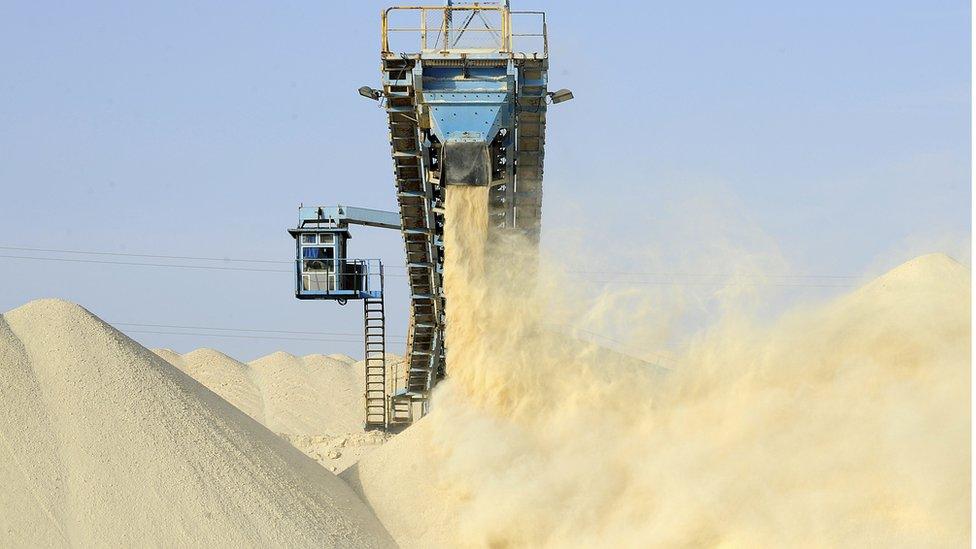
Sahrawis say Morocco extracts and exports phosphate rock illegally
MEDIA
Morocco's state broadcaster RTM operates radio and TV services from Laayoune. On the other side of the political divide, a Polisario-backed mediumwave (AM) radio station is on the air.
Radio
RTM Laayoune - operated by Moroccan state broadcaster
National Radio of the SADR - broadcasts in Arabic and Spanish; launched in the 1970s, the station supports the Polisario Front
Television
TV Laayoune, external - operated by Moroccan state broadcaster
News agency
Sahara Press Service, external - Polisario-run
TIMELINE
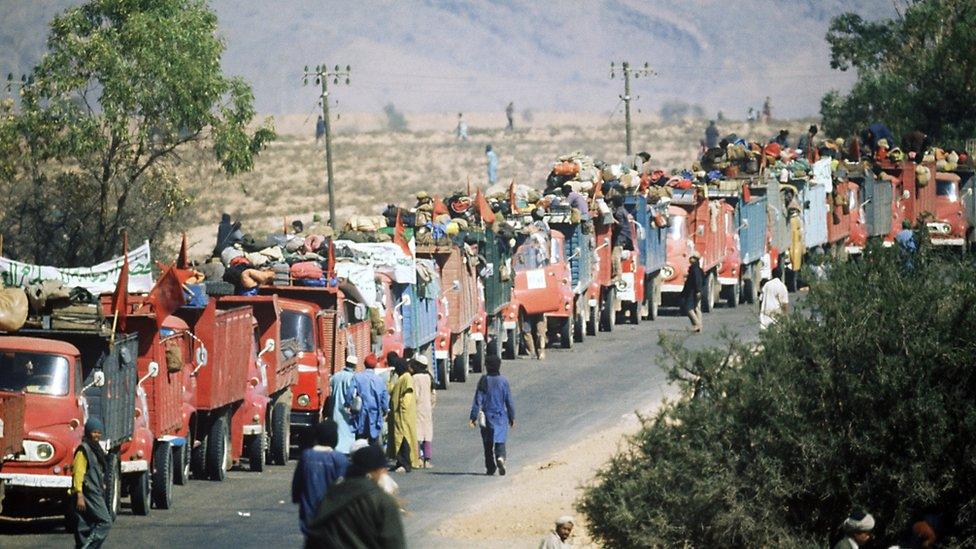
Morocco emphasised its claim to Western Sahara, bringing thousands of Moroccans into the area in the "Green March" in 1975
Some key dates in the history of Western Sahara:
1884 - Spain colonises Western Sahara, an area formerly populated by Berber tribes.
1934 - Becomes a Spanish province known as Spanish Sahara.
1957 - Newly-independent Morocco lays centuries-old claim to Western Sahara.
1965 - The UN calls for the decolonisation of Western Sahara.
1973 - Polisario Front, the indigenous Sahrawi independence movement, is founded.
1975 - Morocco's King Hassan defies a Hague ruling in favour of Saharawi rights to self-determination and stages the "Green March" of 350,000 Moroccans into Western Sahara. Spain withdraws.

1975-91 - The Polisario Front fights a 16-year-long guerrilla war against Moroccan forces. This ends with a UN-brokered cease-fire which sees the Polisario controlling about 20% of the territory, the rest being controlled by Morocco.
1991-2000s - UN brokered cease-fire ends war but Morocco has yet to hold an agreed referendum on independence.
Numerous UN-sponsored talks fail to yield a breakthrough.
2020 - US announces it will recognize full Moroccan sovereignty over Western Sahara in exchange for Morocco establishing relations with Israel.
2021 - Morocco proposes autonomy for Western Sahara under the sovereignty of the King of Morocco.
2022 - Spain accepts Morocco's proposal as "the most serious, realistic and credible basis" for ending the dispute over Western Sahara. Saharawi political parties reject the proposal.
2023 - Israel recognizes Morocco's claims over Western Sahara.
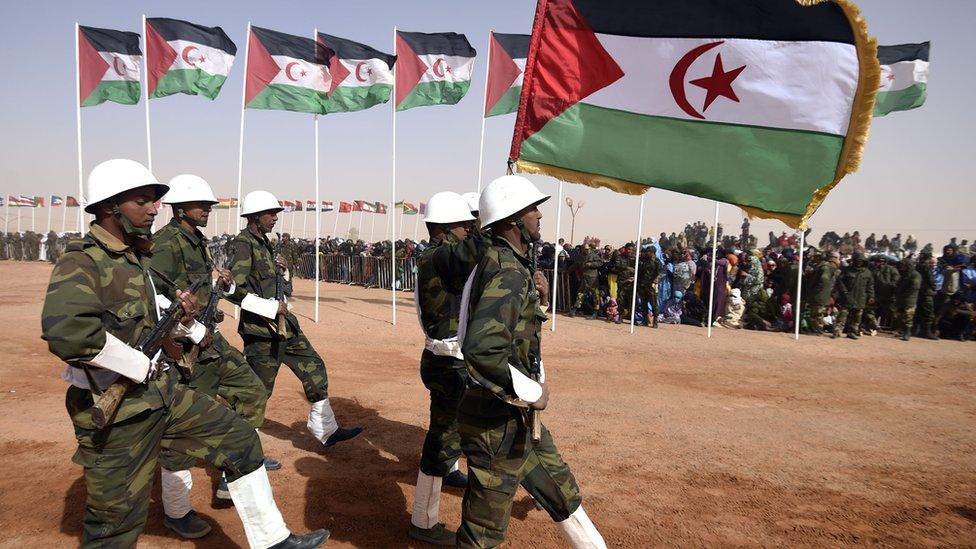
Sahrawi soldiers hold a parade in Algeria to mark the 40th anniversary of the declaration of the Sahrawi Arab Democratic Republic
Related topics
- Published21 August 2023

- Published28 October 2024
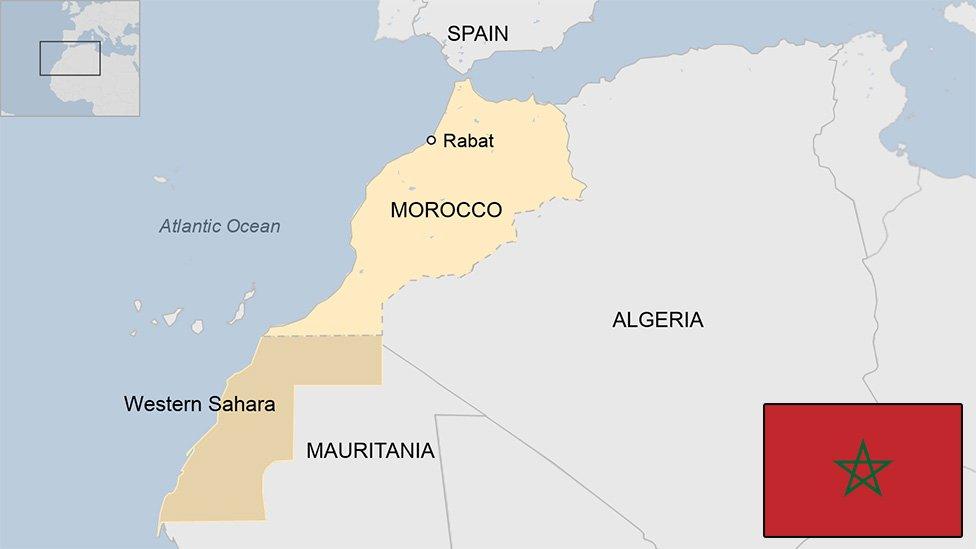
- Published9 September 2024
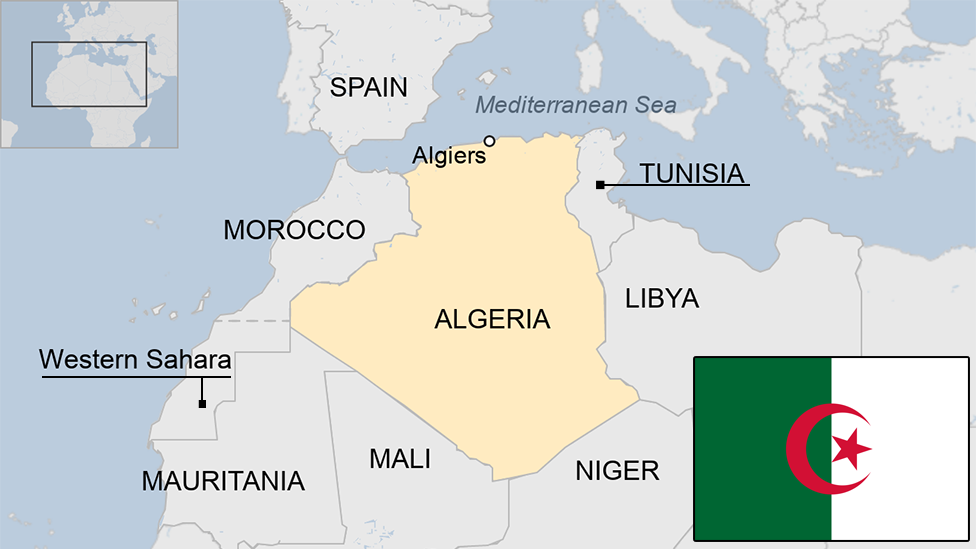
- Published28 July 2023
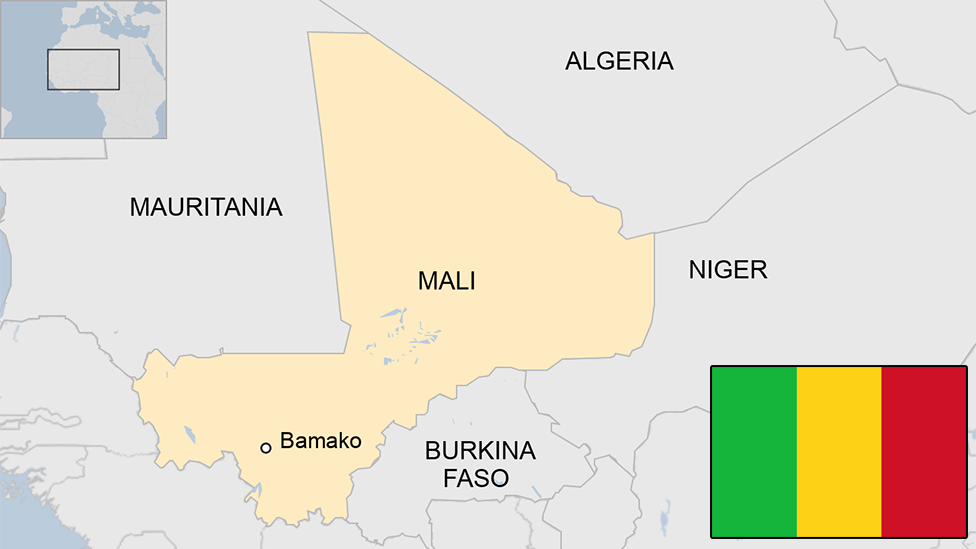
- Published9 July 2024
